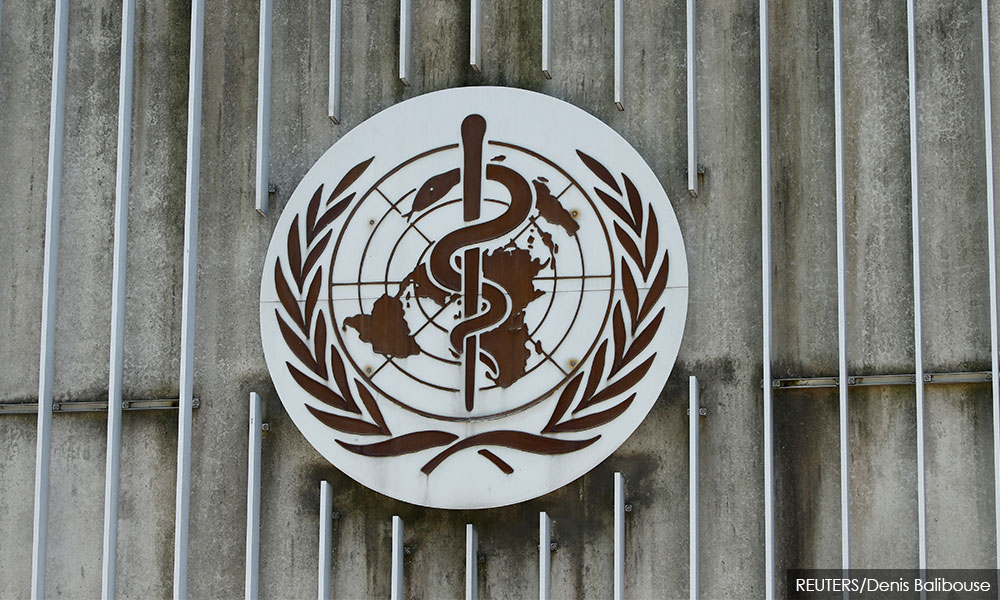LETTER | Time to reform public health law
LETTER | Ten bills were passed at the second meeting of the third term of the 14th Parliament sitting, which ended yesterday.
Three of the bills were pertaining to the Covid-19 pandemic: the Temporary Measures to Reduce Coronavirus Disease 2019 (Covid-19) Bill 2020; the Temporary Measures for Government Financing (Coronavirus Disease 2019 (Covid-19) Bill 2020; and the Insolvency (Amendment) Bill 2020.
Curiously, there was no bill to amend the principal legislation that provides for the prevention and control of infectious diseases – of which the Covid-19 is one – namely the Prevention and Control of Infectious Disease Act 1988 (Act 342).
A country’s health infrastructure is the most effective long-term preparedness strategy for public health emergencies or crises. The World Health Organization (WHO) has long advocated for robust health infrastructure in every country as it is the most effective long-term preparedness strategy for global health emergencies. This includes not only the physical structures of public health agencies, clinics and hospitals and the human resources to operate them but also the country’s legal infrastructure.

By this, it means the laws and policies that empower, obligate and limit government and private action concerning health because the law is an indispensable tool in health promotion and protection.
Such is the law an integral part of public health that public health professionals - the likes of the Health director-general, his deputies and the frontliners - and not only lawyers, are working with the law on a regular basis, playing important roles in the development, enforcement and evaluation of health-related laws. The law does matter for effective health practice.
Yet the national legal situation in most countries, which are at risk of a health crisis, is opaque.
The laws for effective health practice – often referred to as public health law – are often perceived as an arcane set of rules buried deep within indecipherable statute books and regulatory codes. It does not have to be this way. The law can be transformed to become an essential tool for creating the conditions for people to be healthy. Read more here.
Model public health legislation should reflect at least three principles – duty, power, and restraint. First, the law should impose duties on the government to promote health and well-being within the population. Second, the law should afford public health authorities ample power to regulate individuals and businesses to achieve the communal benefits of health and security. Third, the law should restrain the government from overreaching in the name of public health.
Public health authorities should respect, to the extent possible, individual autonomy, liberty, and privacy. They should act only on the basis of clear criteria where necessary to protect the community. Public health agencies should also provide procedural due process before exercising coercive powers. Fair and objective decision making is essential in a democracy.

Malaysia has a good number of statutes that govern matters pertaining to health and designed to protect and promote public health. Malaysia also provides laws to regulate and control health institutions, standard-setting of hygiene and purity in the sale and use of food and to ensure that drugs meet the appropriate standard of quality, safety and efficiency with adequate control over the labelling and promotion.
But Act 342 has remained the same since its enactment in 1988 and is much outdated and antiquated – the most striking characteristic of public health law generally.
In many countries, the laws are often outmoded in ways that directly reduce their effectiveness and conformity with modern standards. These laws often do not reflect contemporary scientific understandings of injury and disease (e.g., surveillance, prevention, and response) or legal norms for the protection of individual rights. Rather, public health laws use scientific and legal standards that prevailed at the time they were enacted.
Society faces different sorts of risks today and deploys different methods of assessment and intervention. When many of these statutes were written, public health (e.g., epidemiology and biostatistics) and the behavioural (e.g., client-centred counselling) sciences were in their infancy. Modern prevention and treatment methods did not exist.
It is submitted that this is true of Act 342. The Act needs a wholesome revision, and not just revising the maximum fine for compoundable offences from the current RM1,000, which may be reasonable in 1988, to RM10,000 as proposed by Health director-general Dr Noor Hisham Abdullah.
In considering public health law reform, governments need to consider the way in which these functions can best be supported by legislation. It is important for public health laws to explicitly set out the mandate, powers and responsibilities of government, and of public health officials.
This not only ensures that health ministries and public health officials have the powers they need but also helps to ensure that they remain accountable for the discharge of their statutory duties and functions. It also ensures that health ministries do not overlook critical functions or responsibilities or adopt an unduly narrow definition of public health.
It is time that our public health law be strengthened to be robust to deal with existing and re-emerging infectious diseases, as well as safeguard public health against new and emerging infectious diseases.
The views expressed here are those of the author/contributor and do not necessarily represent the views of Malaysiakini.
RM12.50 / month
- Unlimited access to award-winning journalism
- Comment and share your opinions on all our articles
- Gift interesting stories to your friends
- Tax deductable
